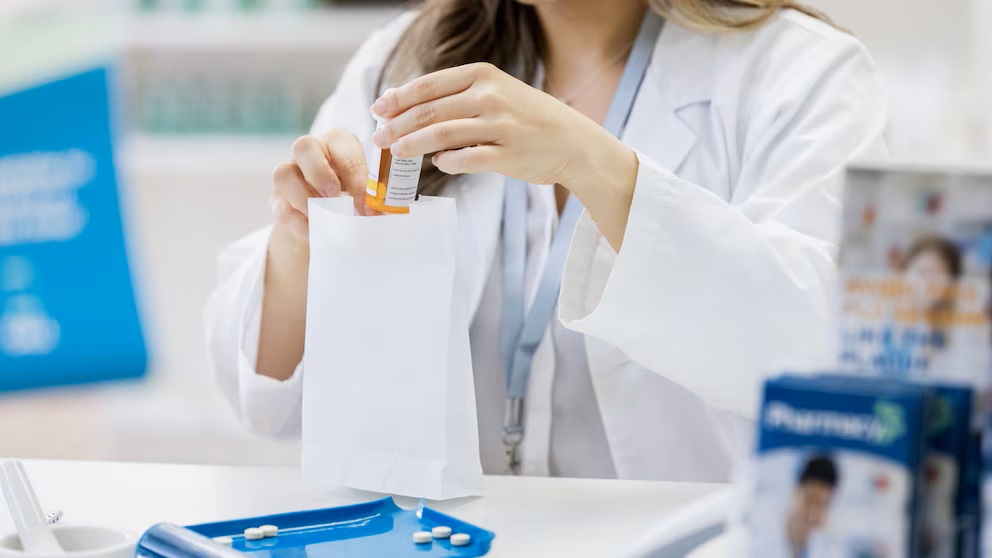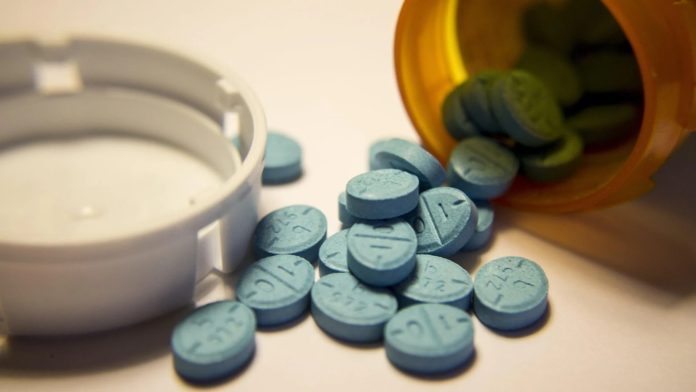A massive black market drug fraud scheme involving the illegal diversion and resale of critical prescription drugs may have put countless patients at risk while defrauding the U.S. government out of millions, according to federal charging documents unsealed on Wednesday.
The drug fraud operation, allegedly led by pharmacy owners and employees in Puerto Rico, along with a medical facility procurement worker, involved stealing legitimate medications before they entered the market. These stolen drugs were then sold at steep discounts to various pharmacy owners, according to the indictment.
Top 10 Essentials To Survive a Hurricane
Among the 27 individuals indicted is Eddin Orlando Santiago-Cordero, aka “Guayacan,” a former Olympic basketball player for Puerto Rico. Santiago-Cordero is accused of serving as an unlicensed wholesale distributor in the scheme. One defendant has already pleaded guilty, according to officials from the U.S. Department of Health and Human Services (HHS) Office of Inspector General (OIG).
Federal authorities arrested several individuals involved in the operation across Puerto Rico and Florida early Wednesday.
The scheme encompassed over 100 types of drugs, many vital to patients’ health. These included HIV medications, insulin, thyroid treatments, antipsychotic drugs, addiction treatments, blood thinners, asthma medications, IV antibiotics, hormone replacement therapy, and popular diabetes and obesity drugs like Ozempic and Mounjaro. The drugs, often improperly stored in plastic bags without labeling, were deprived of the conditions needed to ensure their safety and effectiveness—such as refrigeration in the case of insulin.
The charging documents highlighted the risks posed by these diverted drugs. “It becomes difficult, if not impossible, for regulators, law enforcement, or patients to verify whether the drug is the correct one, in the right dosage, or stored properly,” they stated. This lack of oversight raises concerns about potential alterations or potency loss in the medications.
The scheme allegedly netted nearly $21 million in fraudulent funds, including $14 million from selling misbranded and diverted drugs and $7.6 million from false Medicare and Medicaid claims.
Naomi Gruchacz, HHS-OIG’s special agent in charge of the New York Regional Office, called the operation part of a “growing” and “alarming” trend in an interview with ABC News. She emphasized that greed was the primary motivation behind such schemes, often leading to communities being put at risk.

Since drug fraud operations like these bypass official channels, it becomes nearly impossible to trace the diverted drugs or verify their safety. Co-conspirators allegedly packaged drugs in unmarked plastic bags, paid each other in cash, and shipped them through the U.S. Postal Service or commercial carriers using fake names and addresses.
The Ultimate Hiking Essentials: Top 10 Must-Have Items for Your Adventure
Gruchacz added that in some cases, patients may sell their own prescriptions for kickbacks, which is also drug fraud, further complicating the issue. “Patient harm is a concern both for those deprived of their medications and those unknowingly receiving diverted drugs,” she explained, noting that improper storage or expiration of these drugs could lead to dangerous outcomes.
Attorney information for Santiago-Cordero and the other defendants was not immediately available.

